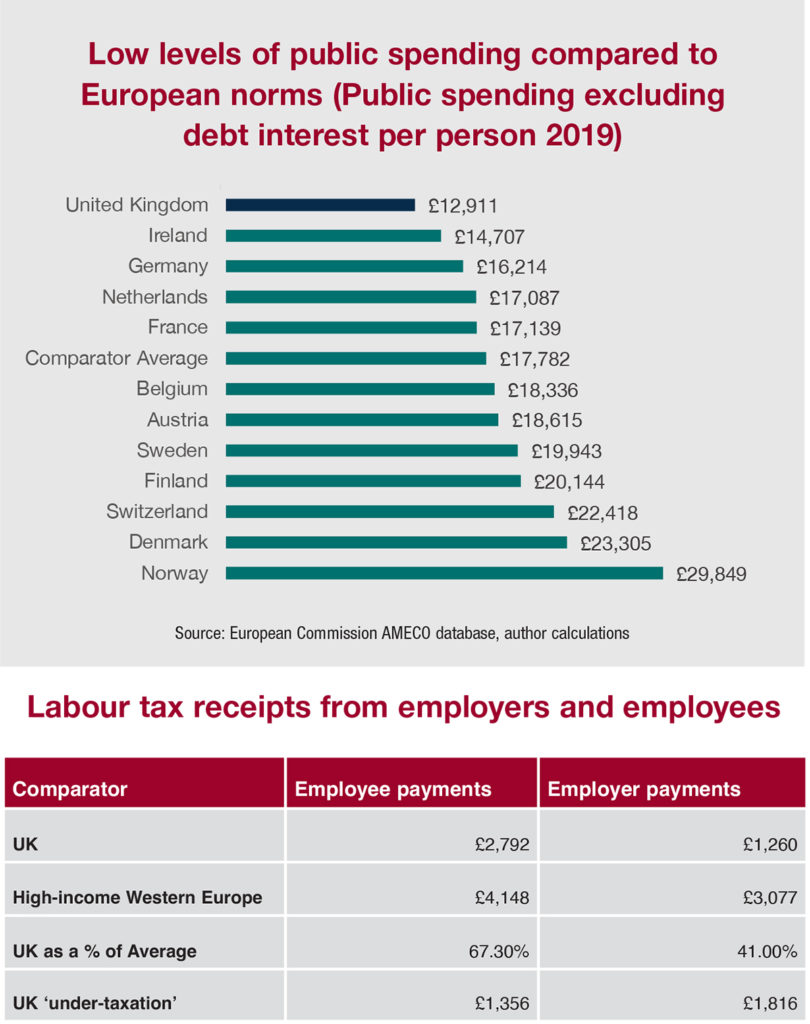No going back

It is amazing what human beings can get used to, and very quickly when we have to, writes the ICTU’s John O’Farrell.
By the end of the first week of June, NISRA figures had recorded 779 fatalities in which coronavirus was recorded on the death certificate. To make a comparison with recent history, the worst year for Troubles-related deaths was in 1972, with 476.
If you add up the grim abacus of murders between 1980 and 1988, or nine years from the first hunger strike to Gibraltar and Milltown Cemetery, you reach a total of 774 grieving and traumatised networks of family and friends. Apart from a couple of cases, the public know very little of those who have died during the pandemic and those left behind, unable to grieve properly.
Almost every fatality has ‘occurred’ (that most apologetic and passive of verbs) behind screens and walls, under plastic and tubes and beeping machines and the sterile narcosis of an intensive care ward.
This is some weird stuff to get used to, and as we negotiate a return to ‘normal’, we seem to notice just how strange this is as we try and unpick the tangle of precautions which have, let’s remember, kept thousands alive. The lockdown was imposed belatedly after our leaders figured out the human costs of even a 1 per cent fatality rate of 66 million UK citizens, and the dangerous chatter of ‘herd immunity’ was shut up.
Two lessons, then. Whatever way we plan to end the lockdown, things will not be the same. The other lesson is that we are resilient and kind and humane and can make sacrifices for the common good, and for less fortunate people than ourselves, regardless of the prominence in public life of minds who can concoct a term such as ‘herd immunity’.
We can take this ‘re-opening’ as an opportunity for an improved society, one that is as resilient and kind and humane as most of its citizens. The crisis has created the space and the opportunity for us to reset, to consider how we want our society and economy to change and improve, as we emerge from lockdown and come out the other end of the pandemic in due course.
We have also seen just who the essential workers are in our economy and society in recent times, and the harsh reality is that many of these essential workers both in the public and private sector have been under-valued both socially and economically. It is instructive that after the ‘essential-ness’ of health workers and cleaners was recognised as we slid into lockdown, we are now realising the critical role of childcare providers after years as a Cinderella service. As this column noted a while ago, childcare is infrastructure.
There can be no going back to our under resourced public services and long health waiting lists; no going back to cuts in education; no going back to insecure work and precarious work whereby Northern Ireland has the awful stigma of having the highest proportion of workers in all UK regions on low pay.
There can be no going back to another lost decade of austerity. It is neither socially acceptable nor economically necessary. The UK Chancellor rightly, at the behest of the trade union movement and others, introduced the Job Retention Scheme. It was a grudging acknowledgement by the UK Government that the current social security system is not fit for purpose and is one that punishes people rather than protecting them.
The reality is the State has become the income backer of last resort and rightly so. We must avoid a cliff edge in October 2020 and some jobs will require state support beyond the autumn. The businesses and jobs that were viable four months ago have to be protected. This is not like a traditional recession.
Quite rightly we have commentators making the point that the economy and our society needs a stimulus and now is not the time to cut, suggesting that the time to cut is in 12 months or so. We completely disagree with this conservative, narrow thinking. Now is the time for bold action.
It is essential the Government adopts a whatever it takes approach and must borrow big and take advantage of the historically low interest rates and provide industry and the workers with a stimulus. Now is the time for reform.
No going back
Our policy paper launched in May entitled ‘No Going Back – A New Deal towards a Safe and Secure Future for All’ highlighted a glaring tax inequity. We know the UK has one of the lowest levels of public spending when compared with similar wealthy EU countries. We also know that employers pay less than half of their wealthy EU counterparts when it comes to taxes on social contributions, at 41 per cent of the EU peer country average. The gap, and it’s a significant gap, is approximately £121 billion. In a Northern Ireland context this equates to £3.5 billion.
Think of the things the Northern Ireland Executive could do with an additional £3.5 billion a year: a fully funded and integrated health and social care system; a first class and properly resourced education system; a green new deal; and an end to low pay and precarious work.
We advocate this change should be phased in over a five-to-10-year period, but employers must pay their share. The State stepped in and supported business at its time of crisis. This was the correct thing to do, but the State needs to be resourced and we believe bringing employers contributions on labour tax up to the EU norm is not a radical idea but fair, just and timely.
We also need to properly tackle the larcenous scandal of tax havens, not only in sunny Belize or Bermuda, but in the Channel Islands, the Isle of Man and the Irish Financial Services Centre.
Finally, something the Northern Ireland Executive could do which would not cost any money is to promote collective bargaining between unions and employers as employment rights is a devolved matter. The OECD and others have commented that collective bargaining is a key driver for improving productivity and we need to do this in Northern Ireland. We also need to address the scourge of low pay and the Nevin Economic Research Institute published a paper recently which showed that workers in Northern Ireland who have access to collective bargaining have a 13 per cent pay premium.
We should recognise the vital role that workers in essential services played during this crisis by ending the scourge of low pay and precarious work that pervades these sectors in particular. We should no longer tolerate bogus self-employment and precarious work practices. We need to think of a welfare system which provides social security, and not punishment for being poor or sick. There should be an automatic presumption of employee status. All households should have a minimum and sufficient level of income that enables full participation in society, while all workers should be paid at least a living wage.
All business support measures should be linked to trade union access and recognition and full and active participation in national industrial relations machinery in both jurisdictions. We must vindicate the rights of workers across the island of Ireland by ensuring their voice is heard through access to collective bargaining.
Our society and community has come together during this Covid-19 crisis. We need to harness that resilience and kindness and humanity as building blocks for progress and not barriers to infection.






